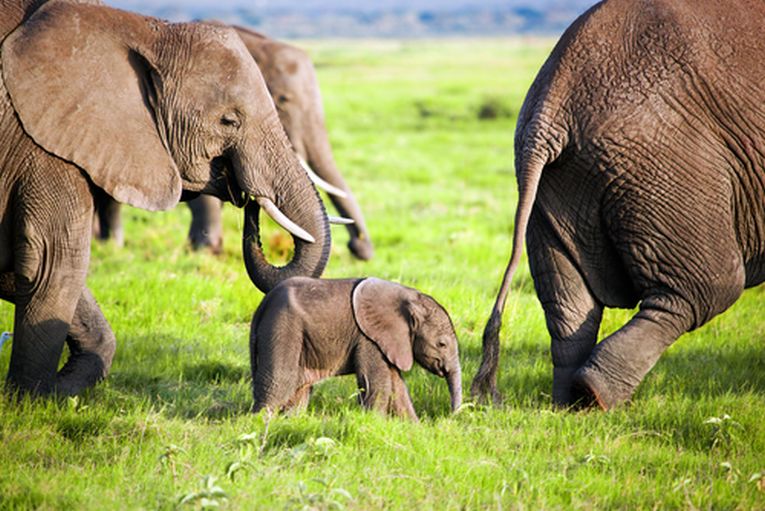Following our recent story on the feasibility of drones for wildlife surveillance (in Anti-Poaching Drones), Kenya has adopted its pilot project over the nation's 52 National Parks. 96% of their poachers seemed to give up on the job.
The move may be affected b the terrible revelations of complicity by the National Park Service in the poaching of both elephant and rhino. The Kenya Wildlife Service reported the killing of 6 elephants (only 2 mature animals with tusks!) but are rated with at least some involvement or mismanagement concerning the annual total of 302 poached elephants for 2013. According to the KWS founder, Richard Leakey, only 5 officials may have been involved, but suspicions by wildlife activists have caused the KWS to suspend those suspected.
Paul Udoto is the KWS spokesman. He reckons that the use of drones has positively affected the poaching and has increased the arrest rate. We can only hope these people, Chines and Kenyan, are punished heavily for this great drain on Kenya's magnificent conservation effort and legacy of animal protection. With the Kenyan police, Interpol, the National Intelligence Service and neighbouring countries in full cooperation, the anti-poaching effort may finally take off.
Using radio frequencies, the drone monitoring has been highly secretive and we don't know which Park was the pilot zone. Poachers should be and will be alarmed, once we find out where they were caught and when they are prosecuted. Pau's enthusiasm shows when he mentions, "the drones will have a capacity to spot the poachers before they even kill an animal. We have tried so many other security measures but they have failed us."
The 975 rangers are now supplemented with the 24 hour aerial service and a further 625 personnel, costing $103m with help from European and American governments. Night equipment for the rangers is important as now they can discover poachers at any time, before they have time to reach the animals. The effort is planned thoroughly as local communities will be recruited by private and the KWS as community rangers, whose knowledge will be crucial.
The global wildlife products market will be affected by Kenya's move, but we can only hope other countries are able to cat too, otherwise the concentration of the poachers will simply shift. Ivory and rhino horn provide giant profit. The world has to wake up to non-use of these products, and probably end any hunting or use of wild species that are endangered, in order to appreciate the commercial possibilities of ecotourism, by people who want to end concerns that they may never see these animals, plants, and even habitats ever again.










